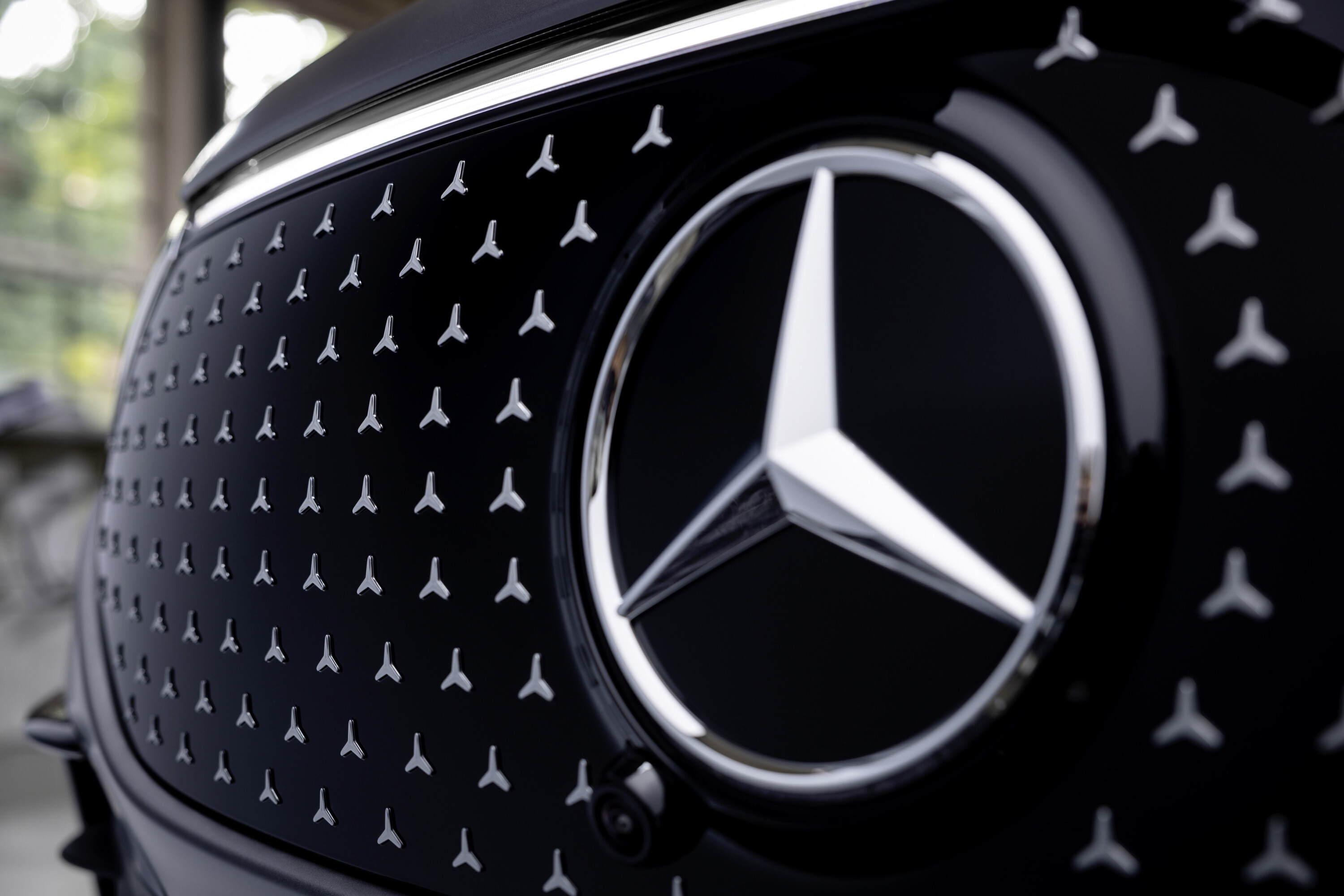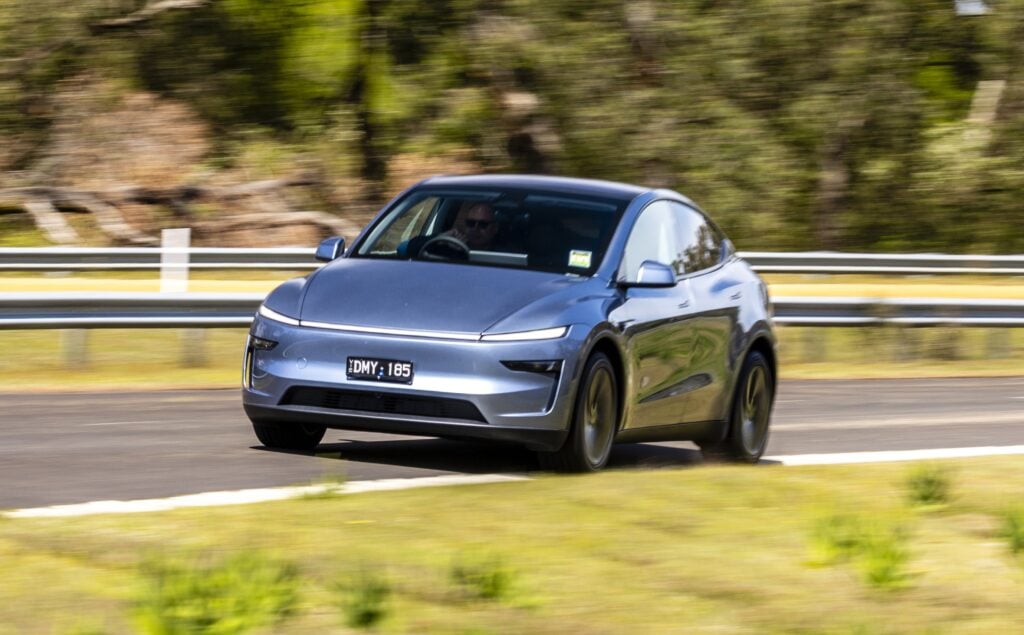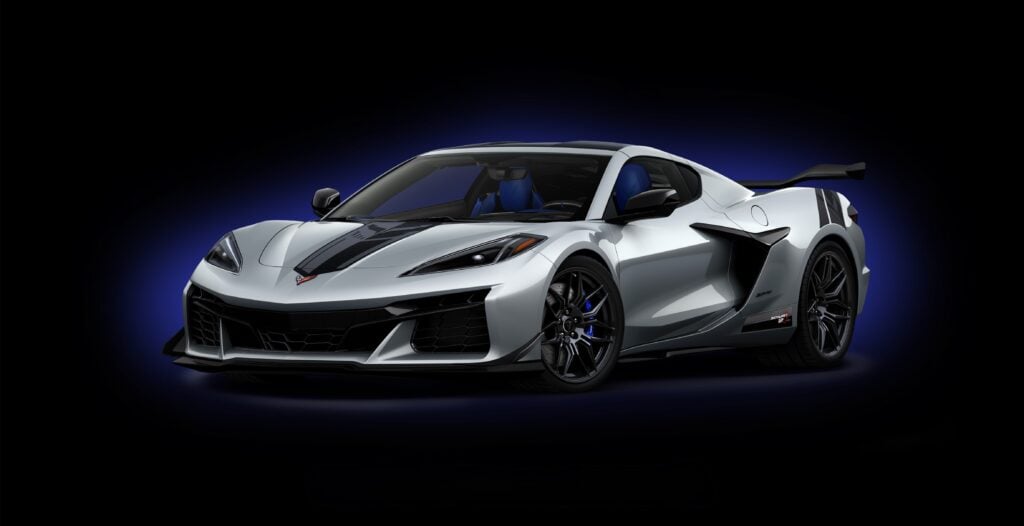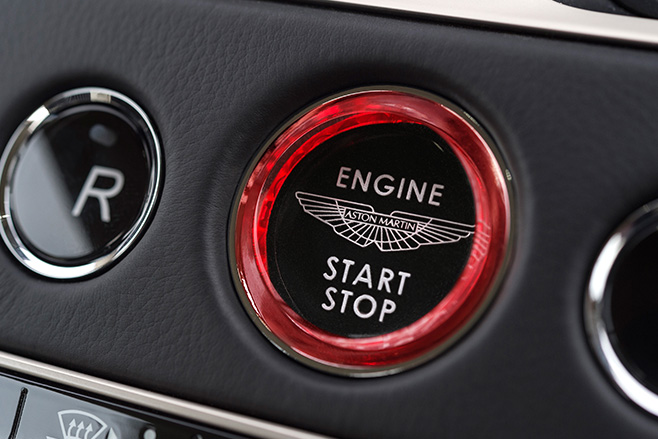COVID-19 “saved the day” for Mercedes-Benz Australia at a time when aggressive discounting by dealers was threatening to send the carmaker’s profits into a downward spiral.
The recent landmark court case between 38 Mercedes dealers and the company over the introduction of the agency model back in January 2022, heard that between 2017 and 2020 a “culture of aggressive discounting was emerging”.
“At the half year of 2020, the level of discounting on the evidence was, as I recall it, in excess of five per cent… in effect, COVID saved the day”, Mercedes’ barrister, Robert Craig, told the Federal Court. The case could have lasting implications for the future of the Franchising Code in Australia.
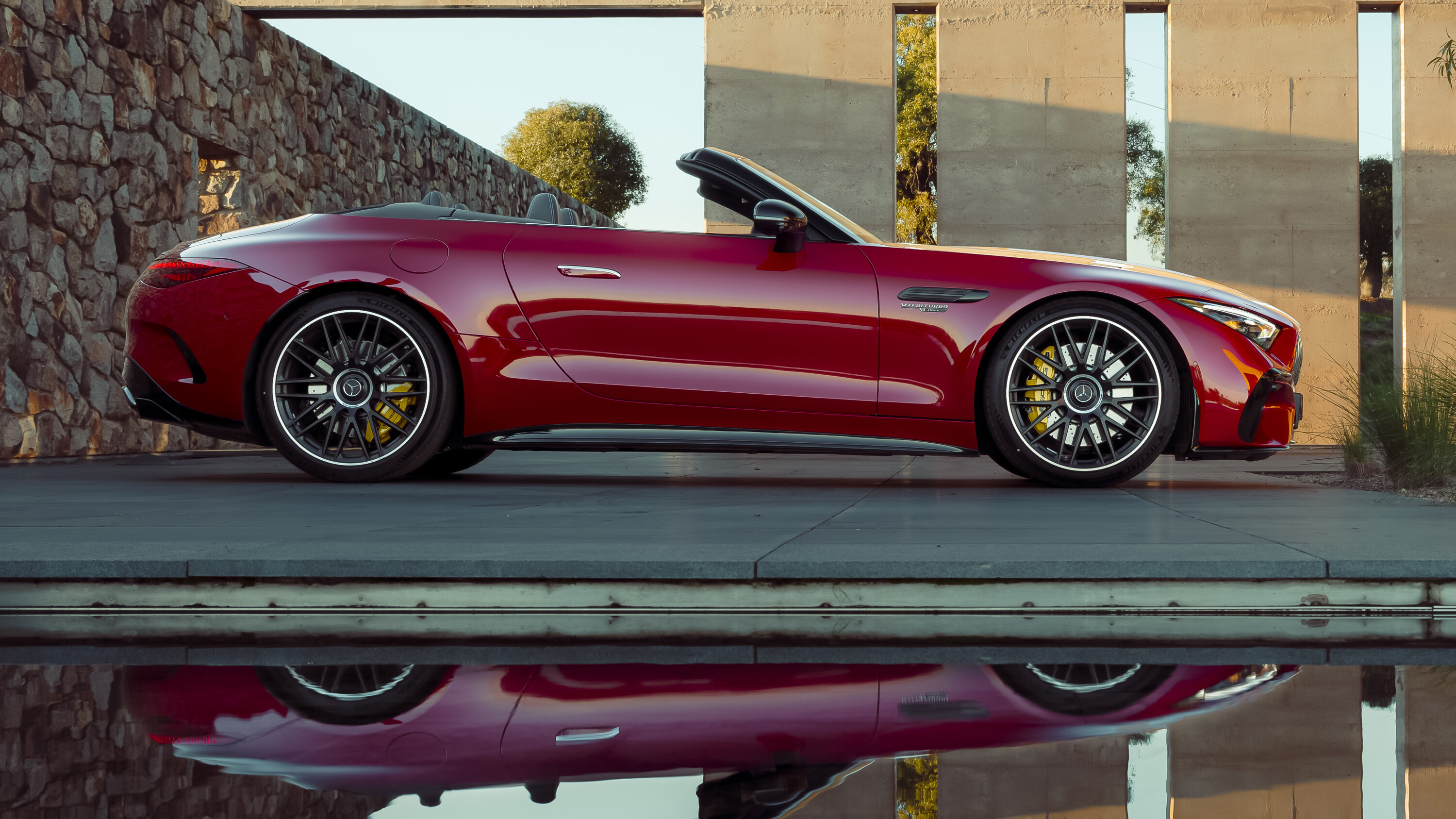
By 2017, 90 per cent of the German carmaker’s customers started their purchases online by researching which model they were interested in. But at that point in time there was no online purchasing in Australia at all.
The need to be able to compete online; together with the prolific discounting going on and resulting decline in profit; need to lower costs; and to combat “disruptors” were, the court heard, behind the company’s desire to switch from the dealer model to the agency model locally.
In this context, the term “disruptors” refers to external market forces which were impacting the firm’s operations. These include impending electrification, shared mobility, increased digitisation, and high-tech players implementing new models at a rapid pace.
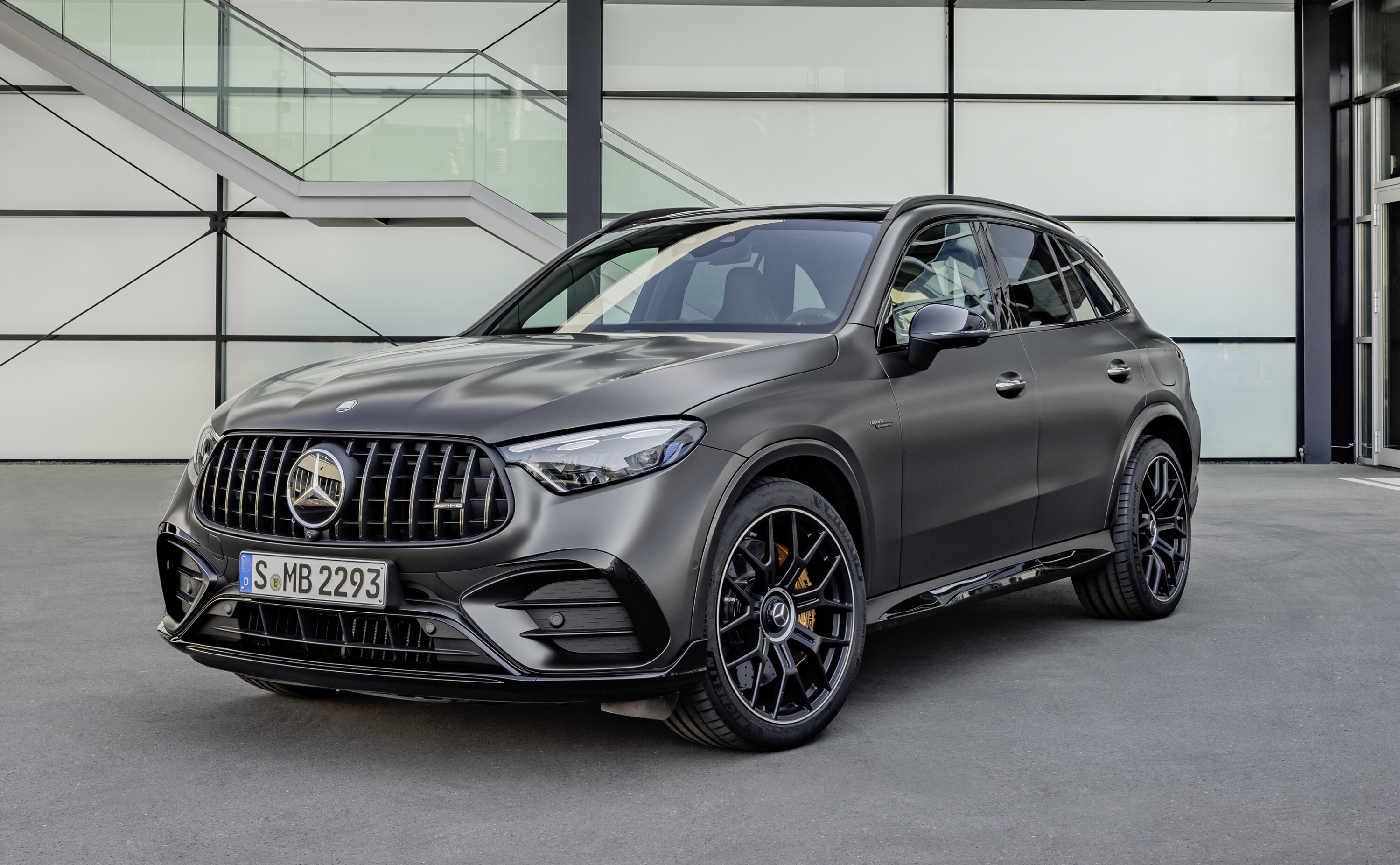
But the presiding judge, Justice Jonathan Beach, said he wasn’t convinced the threat from the disruptors was so immediate that Mercedes needed to go down the agency model route.
“I understand the discounting point. And of course, the debate is what the cause of the discounting was – highly ambitious targets – but it just seems to me on the material that this idea of disruptors, cyberspace, is blown right out of proportion,” he said.
“Certainly over the next five to 10 years it might have some significance, but it just seemed … yes, there was a problem and people were watching it, but it hardly justified the radical approach of model D [the agency model option].”
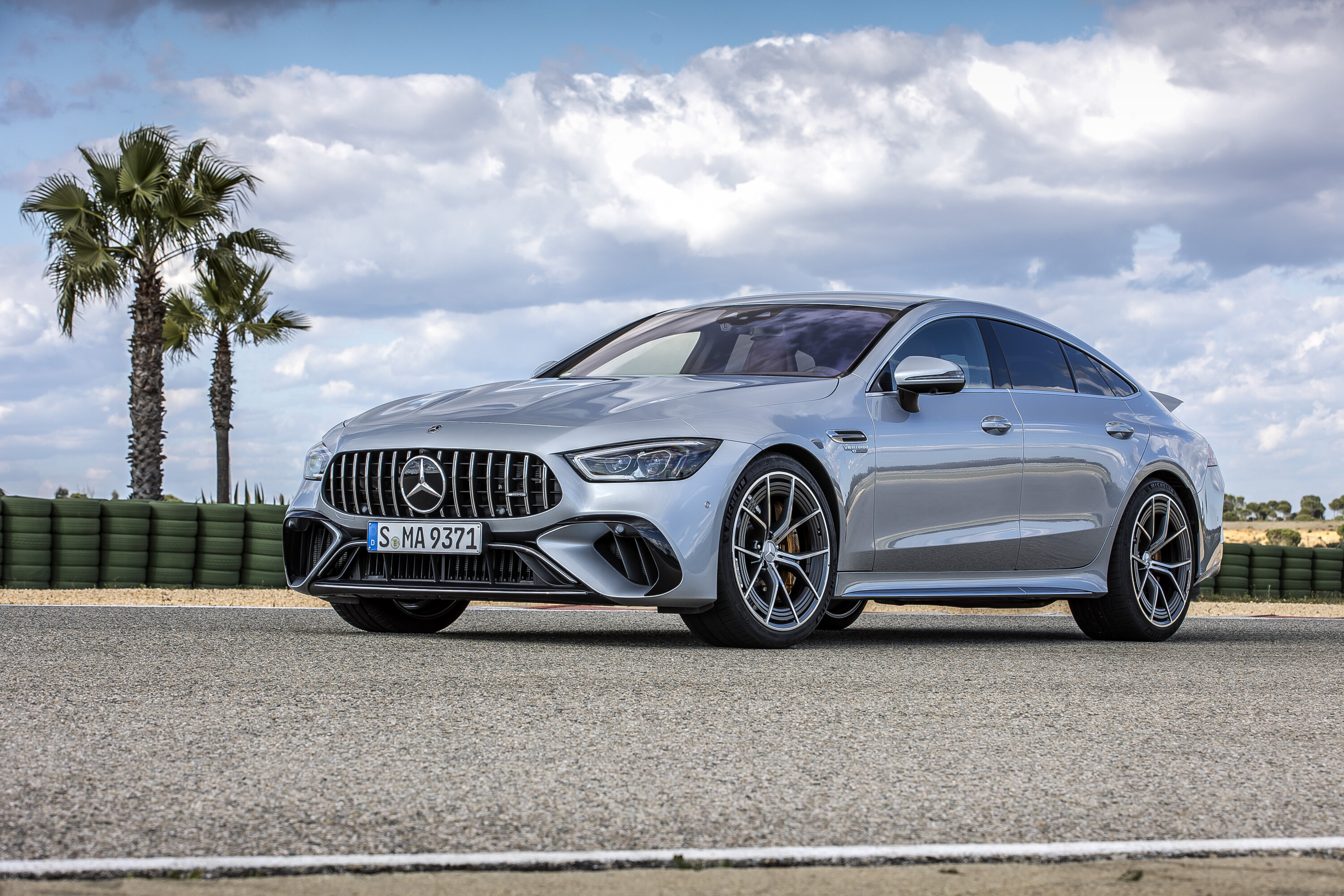
“[There were] concerns that dealer profitability was declining across the network… [It was a] current and prevailing concern … the fact that dealers were not meeting – or struggling to meet – targets,” Mr Craig responded.
“[The agency model] was presented to dealers in 2018, [dealers] recognised it was a genuine risk. You have got an increase in online presence, which means you have to do something and have to be aware of the threat. Businesses that stand still are the businesses that die, that don’t succeed.
“An online offering has got to engage with declining profitability, aggressive discounting, increasing over the horizon demand for online sales and the consequences of an increasingly savvy internet community.”

Unsatisfied, Justice Beach asked why one of the other three models couldn’t have been used in the interim while Mercedes and the dealers hashed out an agreement both sides were happy with.
“[None] of those would solve the profitability or the discounting problem…disruptors have the ability to compete as well, and that’s the point. Once you have got [the agency model] you eliminate their ability to compete,” replied Mr Craig.
“The threat was escalating. They are all linked together, joined by the common need to deal with the emergence of online sales and the obvious ramifications for the future operation of the business, accelerated by the problems in Australia, declining profitability, aggressive discounting and the like.
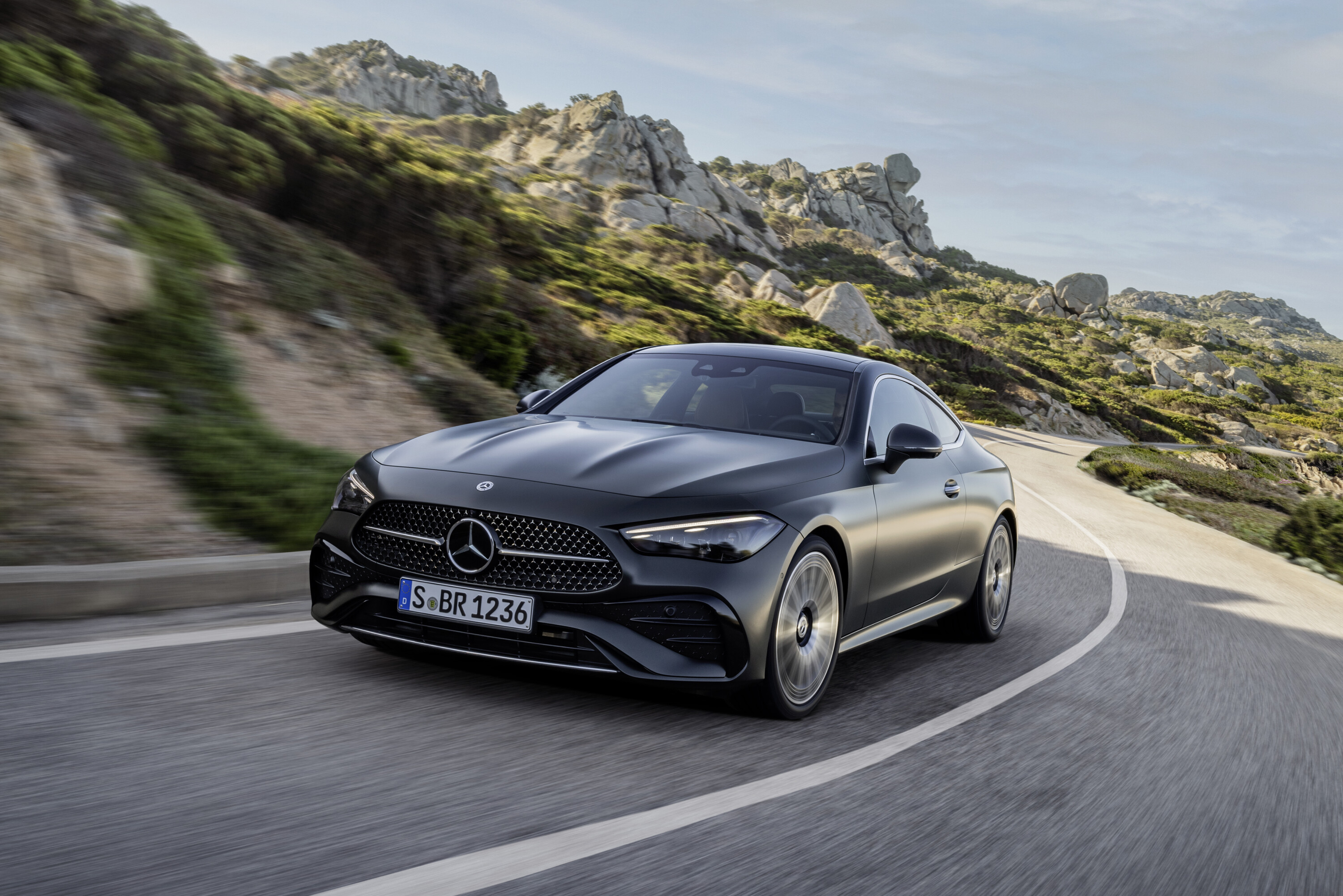
“Where we’re at in this case is really a disagreement as to the solution”
“[Dealers] agreed that retail profitability is going down, agreed it was a significant concern, agreed that there was a discounting culture and that was having an effect on profitability and aggression in the sales process was having a bad effect. Where we’re at in this case is really a disagreement as to the solution”, Mr Craig concluded.
Mercedes-Benz is Australia’s top-selling luxury brand, yet sales have been steadily dropping over the last five years as the German giant adjusts its local sales strategy.
In 2017, Mercedes-Benz Cars (the Vans division has yet to be moved over to the agency model) sold 37,068 vehicles with sales up 3.1 per cent, by 2020 that number had fallen to 29,455 and down 7.9 per cent, while last year – the first full year of the model being in effect – it sold 26,801 cars and was down 5.5 per cent.
Mercedes has been moving away from measuring success by the volume of cars sold, instead focusing on higher equipment levels – even for base cars – in concert with price rises for greater profit per unit. In response to the verdict, Mercedes-Benz made the following statement: “We welcome the court’s decision. Our focus continues to be on delivering luxury, high performance cars for our valued customers around Australia.”
More guides to help you choose the best car & tyres for your needs
- All tyre news & reviews
- Longest warranties & capped-price servicing period
- Buy new or used?
- Best cars for your teenager
- Must-have features for new drivers
- Active safety tech explained
- Australian road rules explained
- Does driving slower save fuel?
- Does my car need the pricier fuel?
- Help, I’ve used the wrong fuel!
- What is a hybrid car?
- How long do tyres last?
- What shoes should I wear to drive?
- What to do after buying a new car
- How much does LCT add to a car’s price?
- The ‘check engine’ light just came on…
- Is it illegal to drive too slowly in Oz?
- FWD v RWD v AWD – which is safer?
- How much can my large SUV tow?
We recommend
-
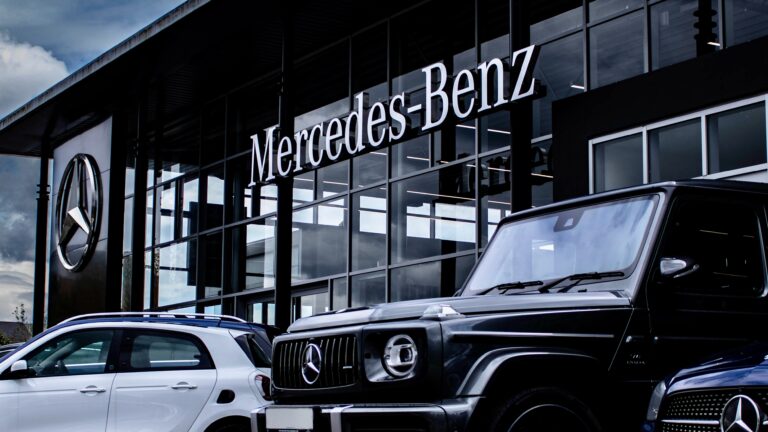 News
NewsMercedes-Benz Australia outlines court defence over agency model changes
Mercedes-Benz is set to introduce a direct-to-consumer model, but 80 per cent of its dealership network oppose the move
-
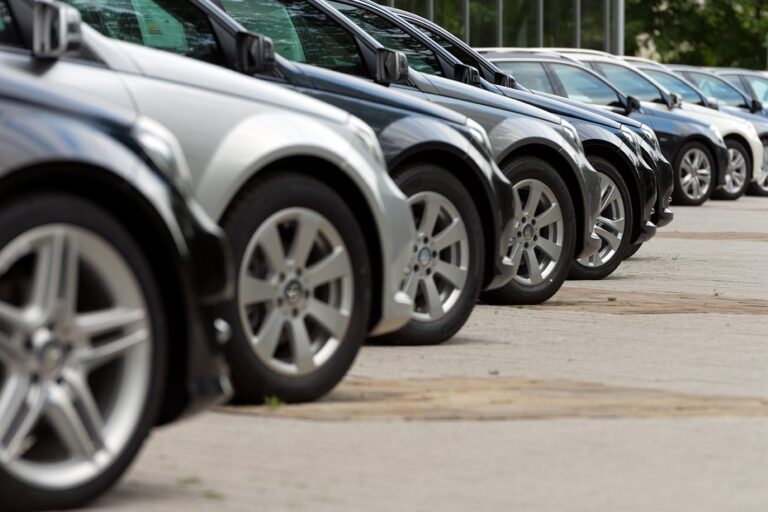 News
NewsAgency model 'biggest threat to the automotive dealership industry', conference hears
The Agency model is being touted as one of the biggest threats to Australia's automotive dealership industry according to one law firm
-
 News
NewsIs the agency model better for new car buyers in Australia?
A growing number of manufacturers are switching to the ‘agency model’ for new car sales. But what does that mean and is it good for you? Let’s find out


